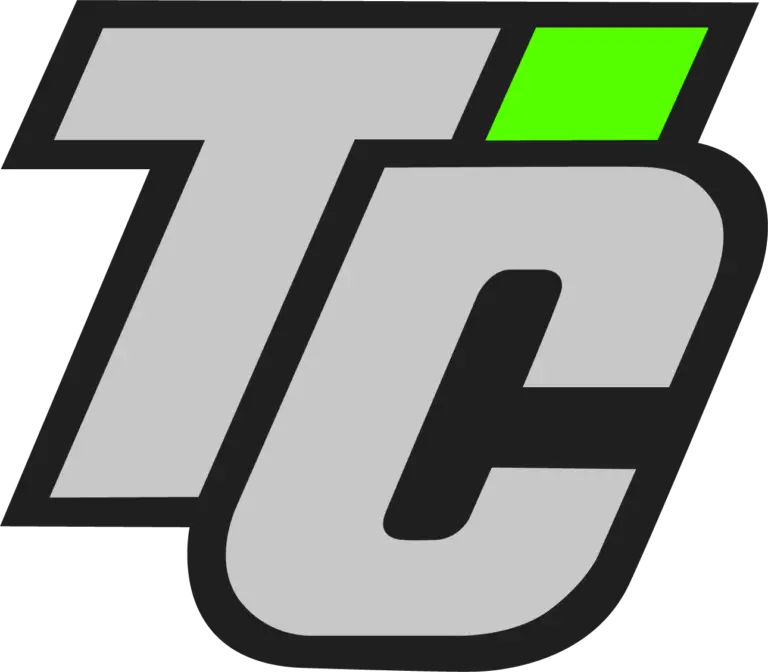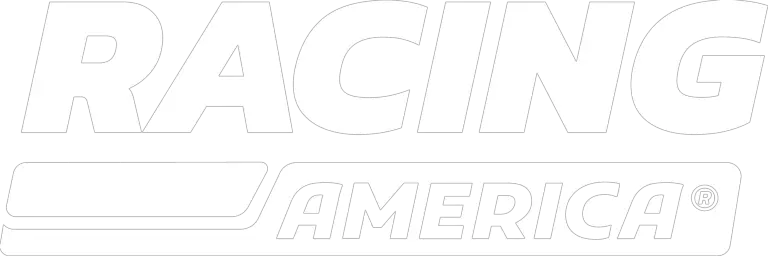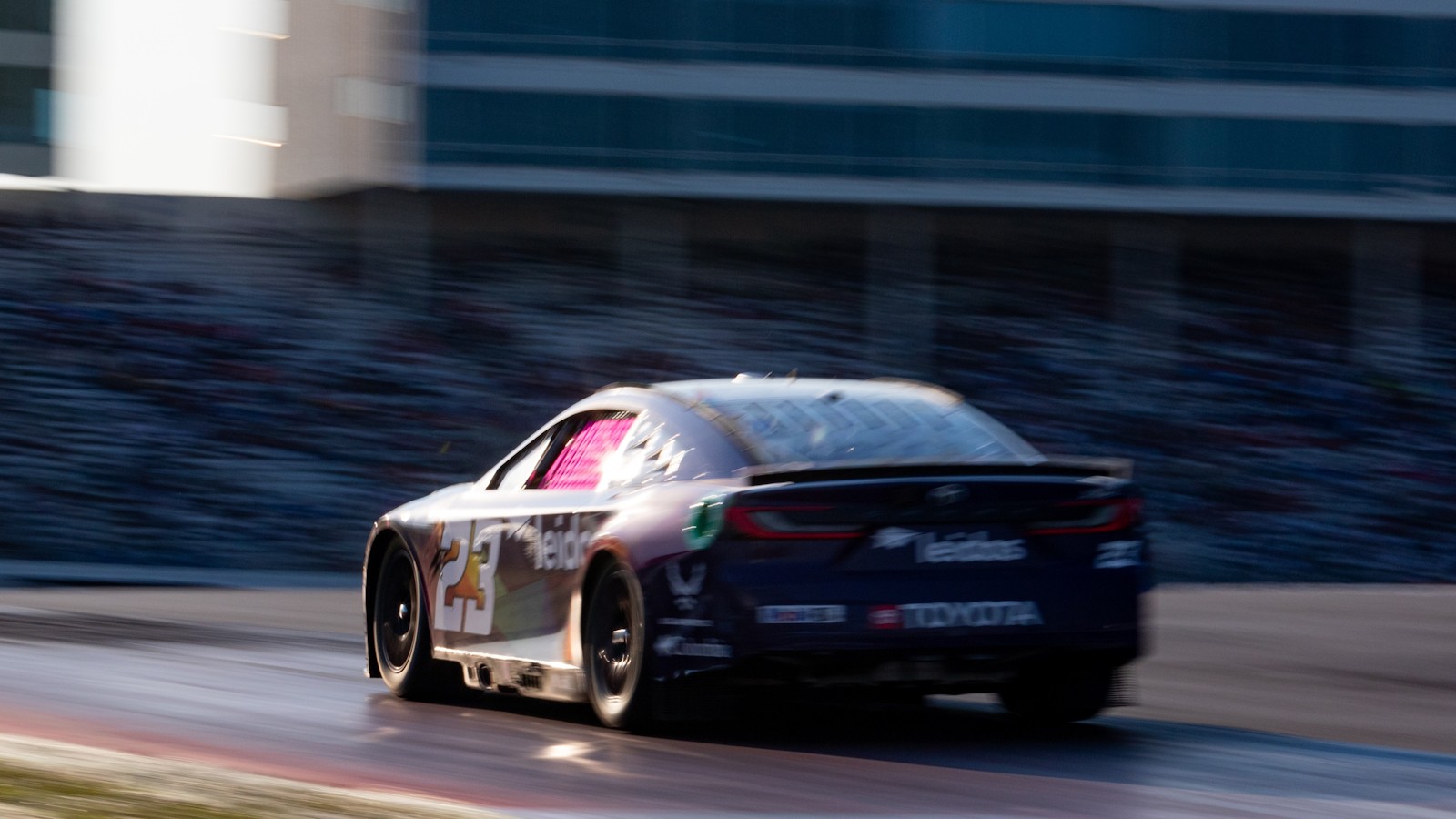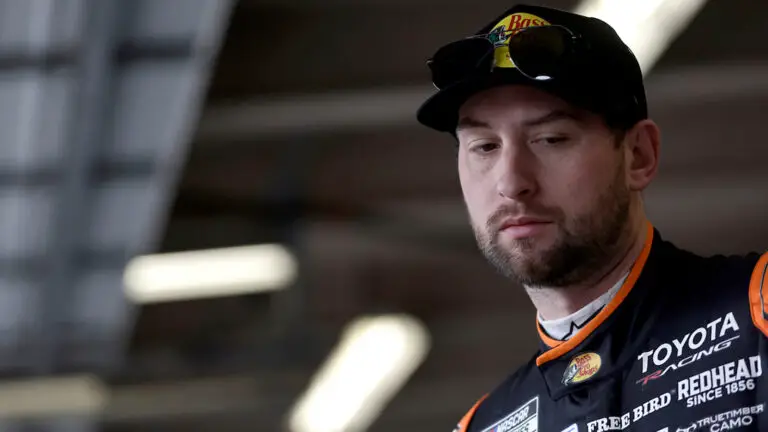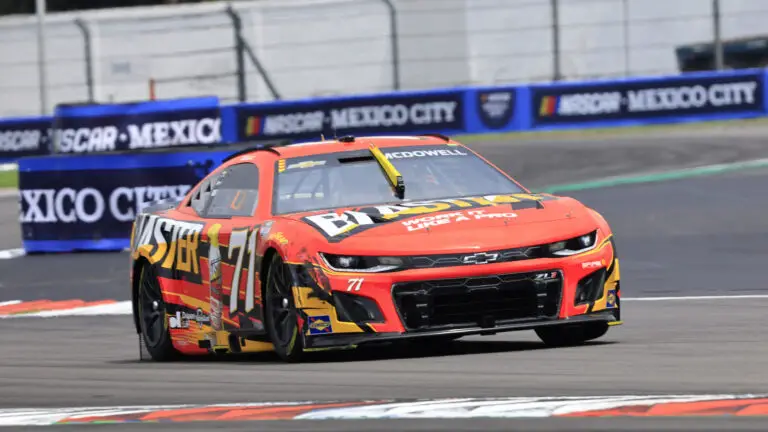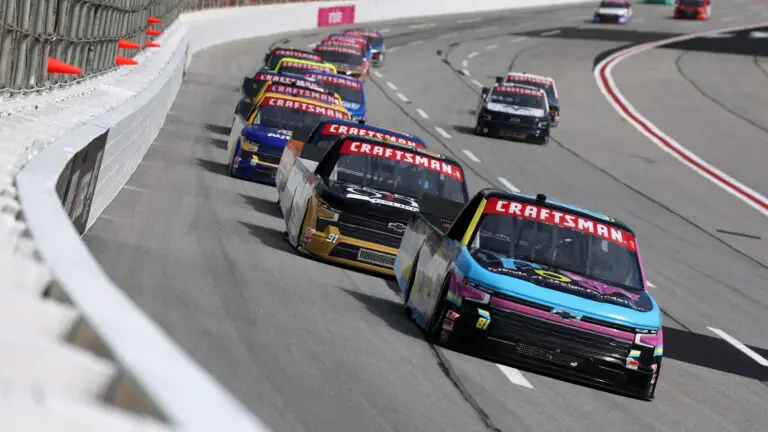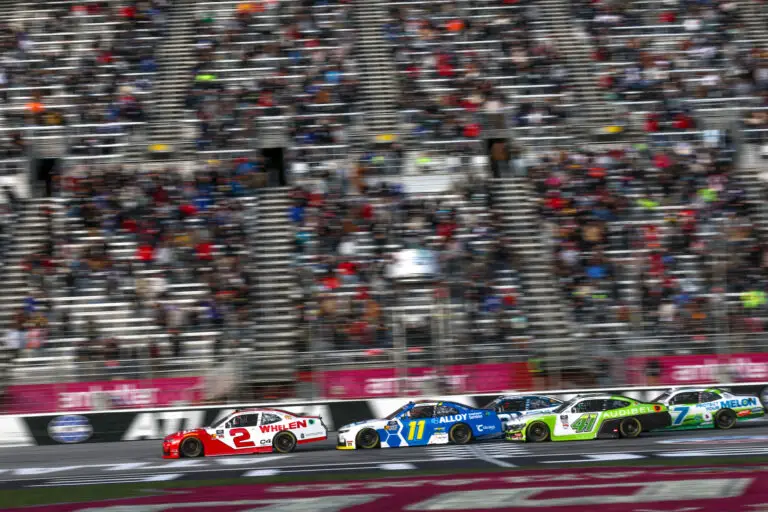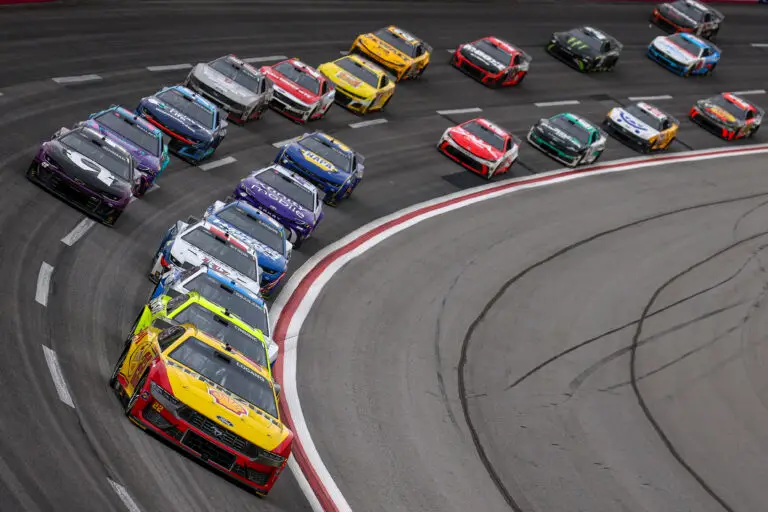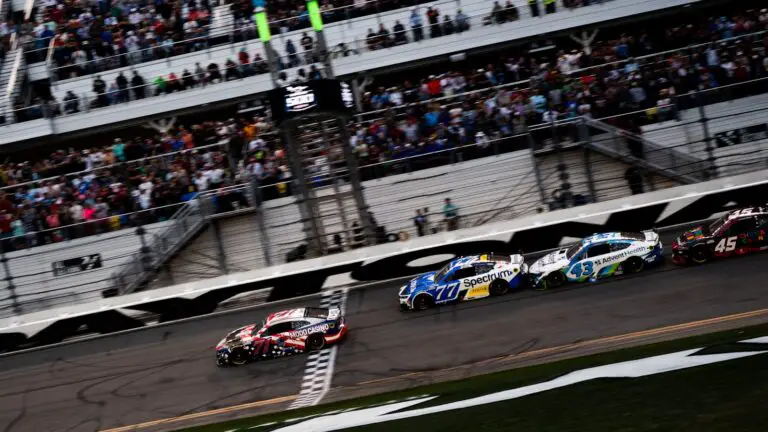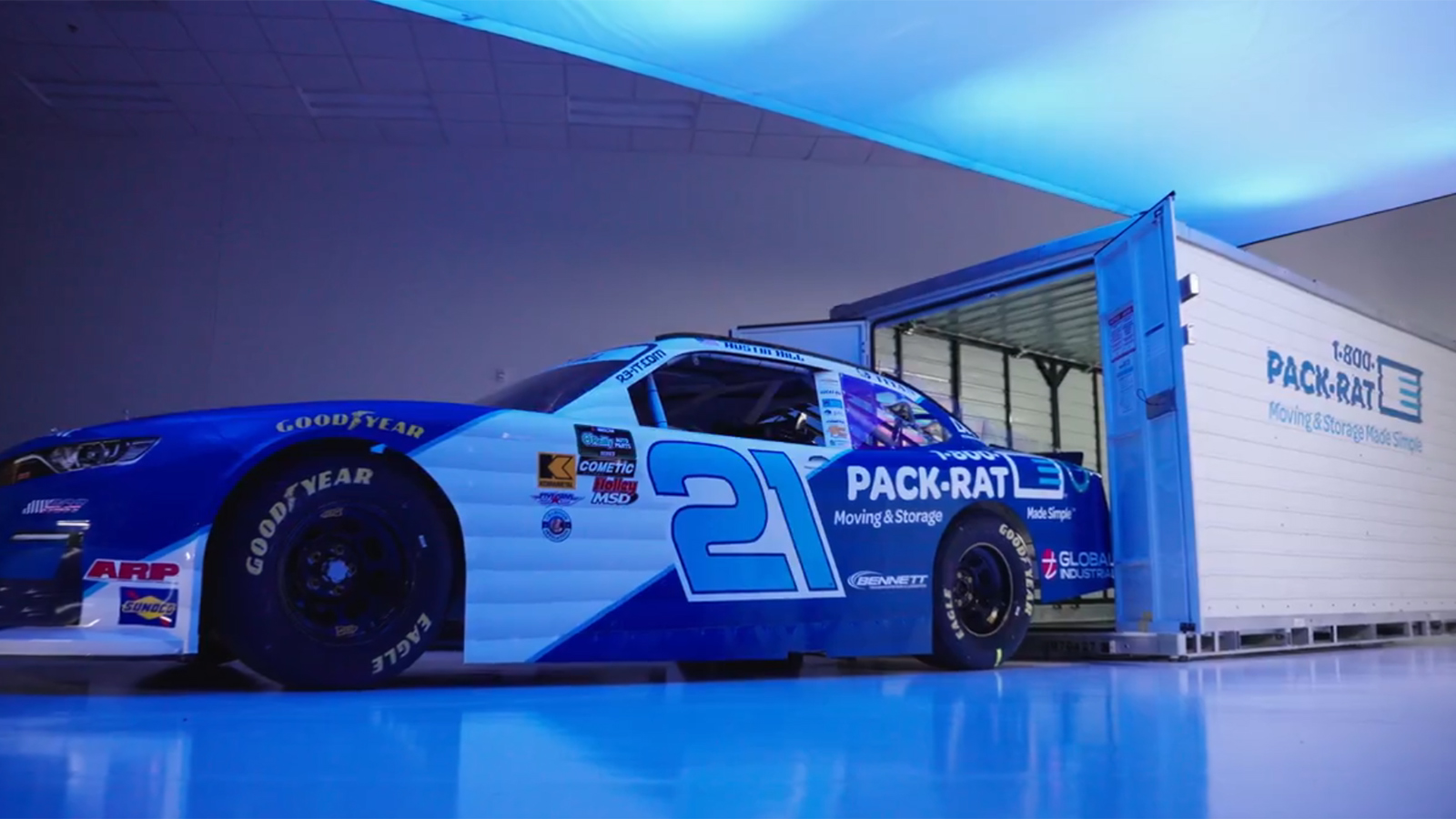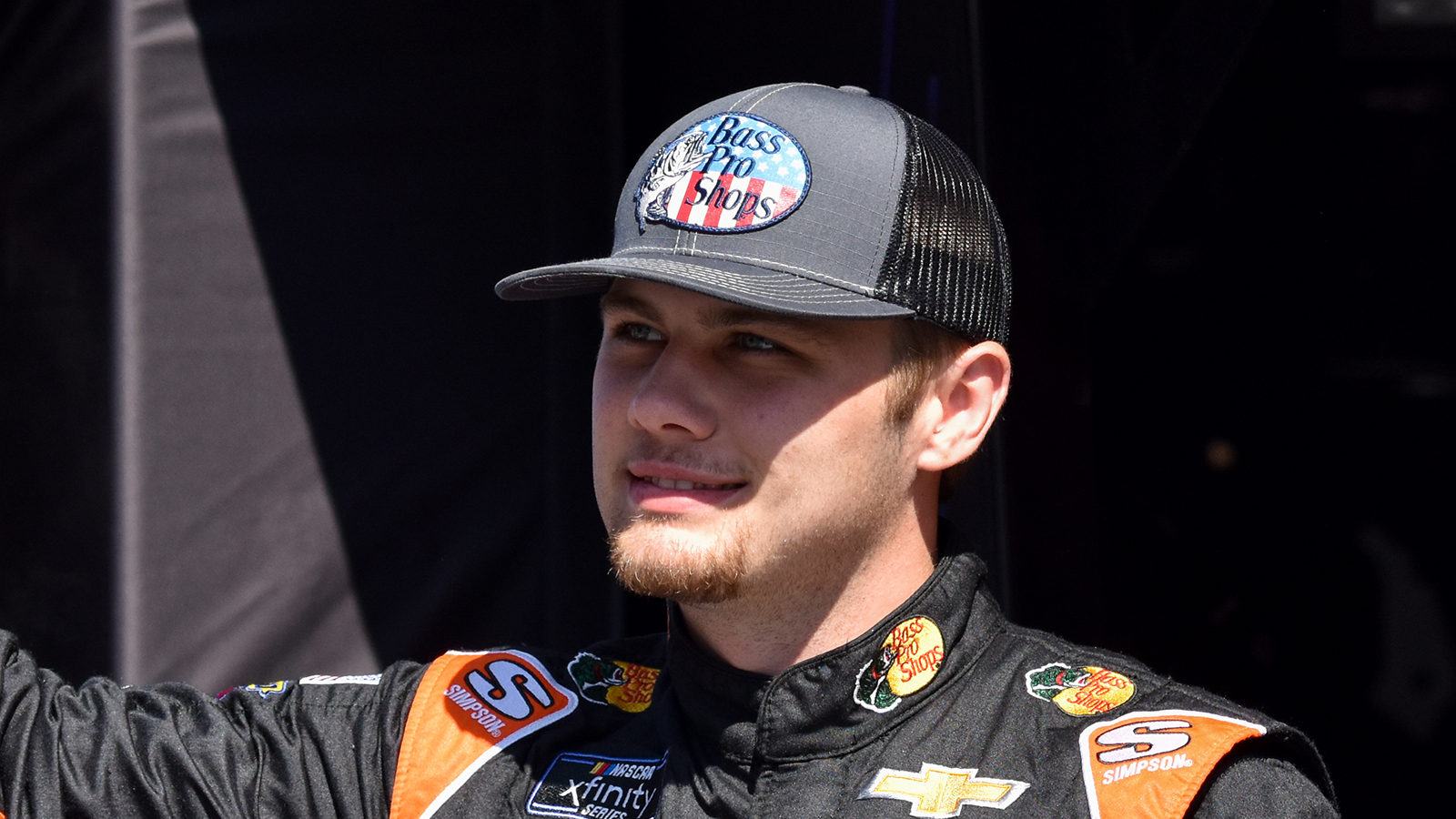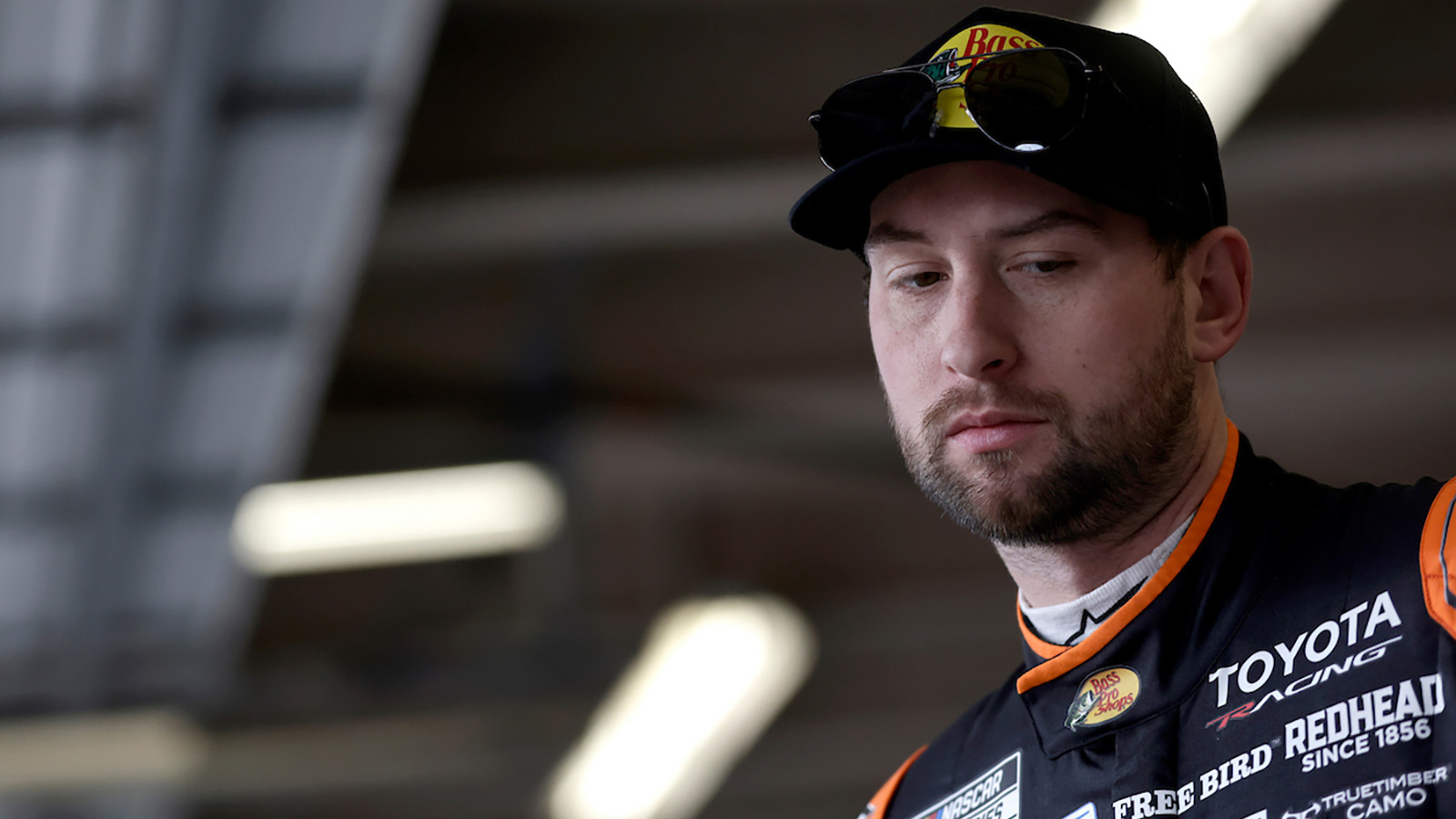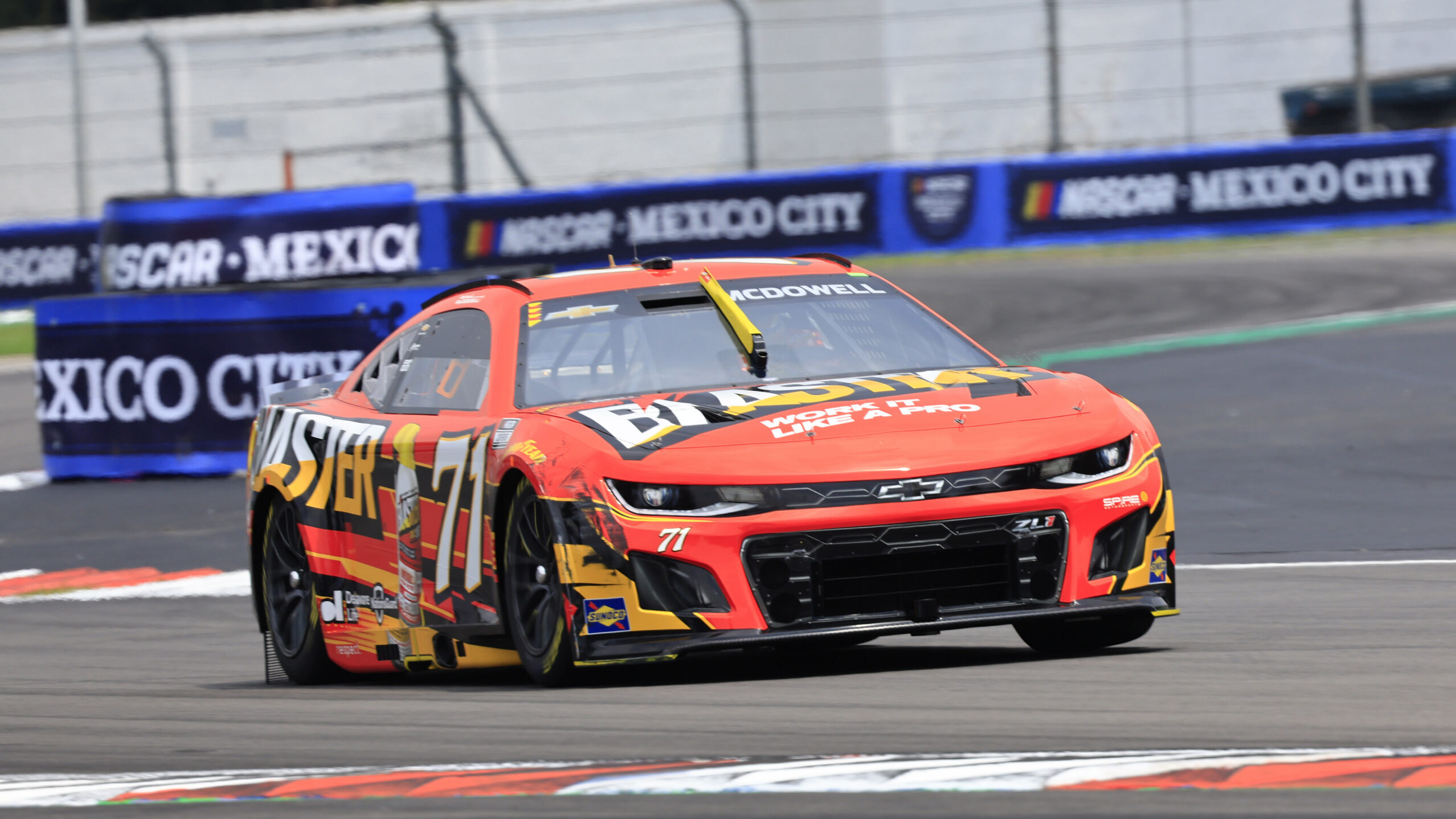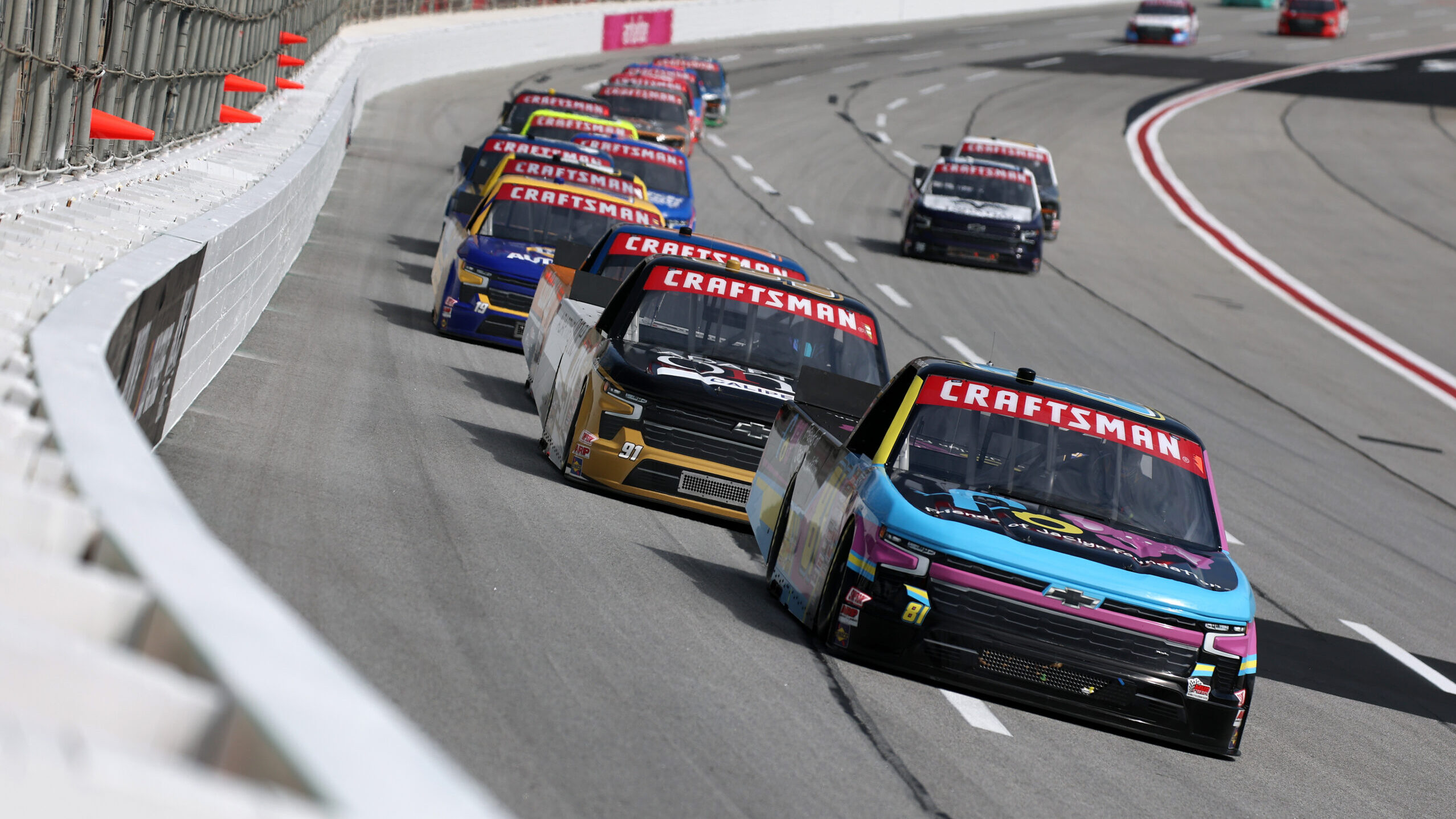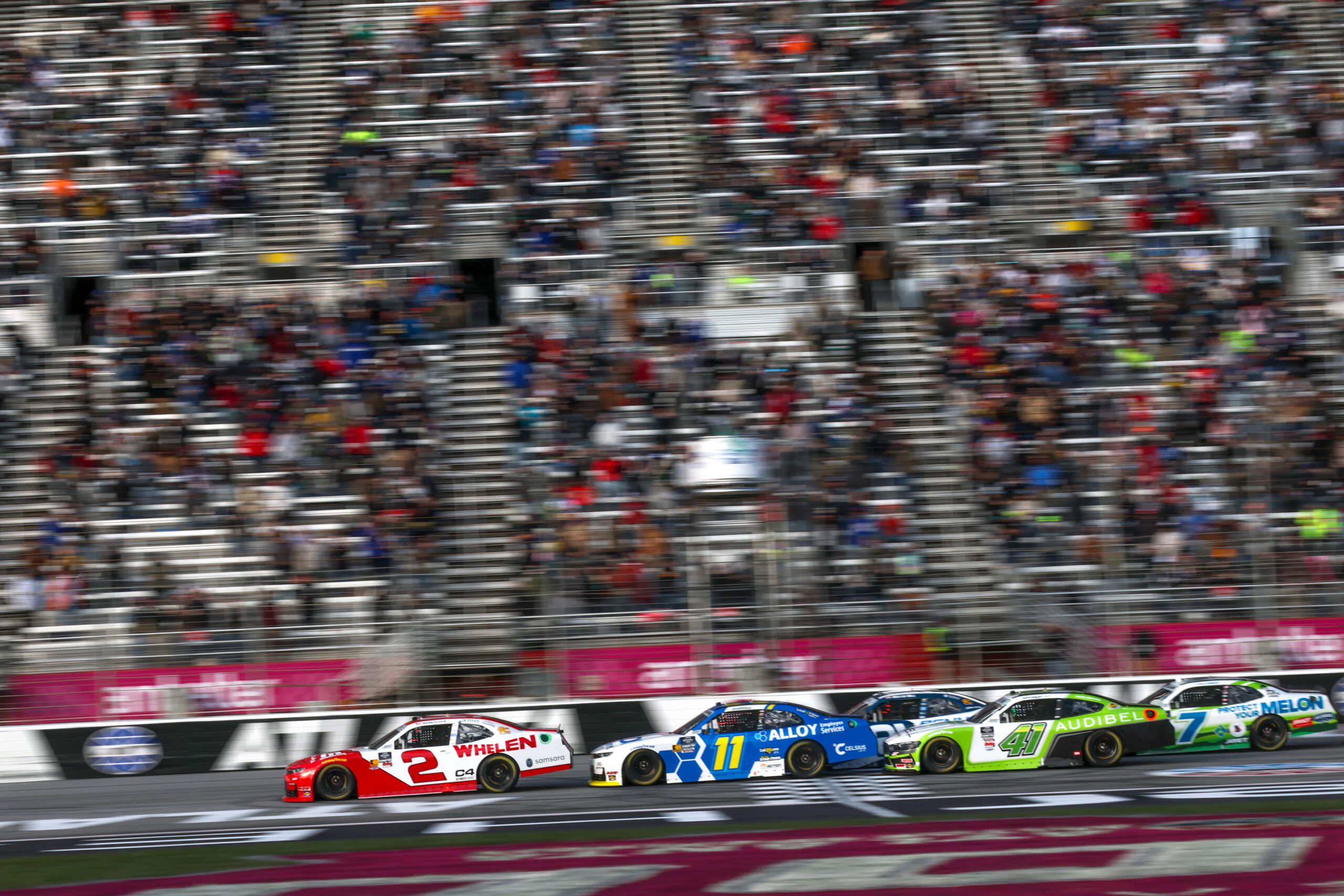It’s been three weeks since 23XI Racing and Front Row Motorsports announced the filing of an antitrust lawsuit against NASCAR, and shockwaves are still moving through the entire industry.
The teams, both of which field multiple entries in the NASCAR Cup Series, chose to not sign the 2025 Charter agreement, after the sanctioning body produced a take-it-or-leave-it offer on August 30.
In this lawsuit, 23XI Racing and Front Row Motorsports are alleging that NASCAR and CEO Jim France have used “anticompetitive and exclusionary practices” to “enrich themselves at the expense of the premier stock car racing teams.”
Included in the back-and-forth via court filings, the teams have asked for a preliminary injunction, that if awarded, would force NASCAR to provide both organizations with Charters for the 2025 season.
In a 25-page court filing, NASCAR provided its official response to the injunction request by the two NASCAR Cup Series teams, and did some with some intense verbiage.
“Plaintiffs’ Motion — an attempt to force NASCAR into a contract on Plaintiffs’ preferred terms — falls far short of meeting the demanding standard required for obtaining a mandatory injunction,” the court filing reads.
“The Motion seeks to change the status quo, not maintain it; is about money, not irreparable harm; and fails to show a likelihood of success on the merits. This lawsuit is not about protecting competition; it’s a bid by Plaintiffs to secure more money than they could through arm’s-length negotiations.”
“The Motion should be denied.”
NASCAR’s rebuttal contains four key pillars: There are no extraordinary circumstances, the demand for a 2025 Charter contradicts their Complaint, alleged harm from not securing a Charter is not irreparable, and the antitrust claims are unlikely to succeed on merits.
The sanctioning body simply states that there were no extraordinary circumstances present in this situation — as the opposing teams had a chance to sign the agreement, but refused.
NASCAR goes on to classify the motion as “a masterclass in contradiction”, saying that the demand for a 2025 Charter goes against their initial complaint, which calls the agreement anti-competitive.
In their request for an injunction, the Plaintiffs ask the court to excise Section 10.3, which provides NASCAR with a release from Charter teams, but the sanctioning body says they are ignoring Section 10.4, where NASCAR reciprocally releases claims.
Per NASCAR, all of that was agreed upon when acquiring a charter under the 2016 agreement, and have not once objected to that same section during the negotiations.
“These contradictions expose Plaintiffs’ motive: to use this Court to extract more money and better contractual terms from NASCAR.”
As they’ve done throughout the entire process, NASCAR continues to say that any damage from not securing a Charter is not irreparable, but instead, self-inflicted, redressable with monetary damages, and neither certain nor imminent.
“Plaintiffs do not need Charters to race; indeed, they’ve already confirmed they will compete without Charters, as they have in the past.”
When talking about the antitrust claims, NASCAR says that the Plaintiffs are unlikely to succeed on the merits, saying that any claimed harms (from having to compete for racing positions and sponsorships) are the opposite of antitrust injuries.
“Antitrust law protects competition — it does not require successful sports enterprises to admit every team that wants to participate or protect teams that do not want to compete.”
“Using the Court to force NASCAR into a contract with Plaintiffs is neither equitable nor in the public interest.”
In the filing, NASCAR also outlines the cooperation it has had with race teams throughout the years, including the initial formation of the Charter System in 2016 hand-in-hand with the Race Team Alliance (RTA).
Throughout the two years of negotiating, NASCAR claims that it has substantially increased the teams’ share of the media revenue attributable to the NASCAR Cup Series from its new broadcast deal.
The exact numerical figures of that increase have been redacted from public records, to maintain a level of confidentiality of NASCAR’s Charter Agreement.
This new agreement matches the length of the broadcast agreement; seven years with an opportunity for extension. While teams fought for permanent charters, NASCAR declined, which caused teams to boycott the Team Owner Council meeting on April 4, 2023.
When the final agreement was delivered on August 30, a total of 13 organizations (representing 32 Charters) signed on. If needed, NASCAR is prepared to contest a season with 32 Charters and eight open entries.
The hearing for the requested injunction from 23XI Racing and Front Row Motorsports will be heard on November 4, and from that point, more information will become available on how the 2025 season will progress.
